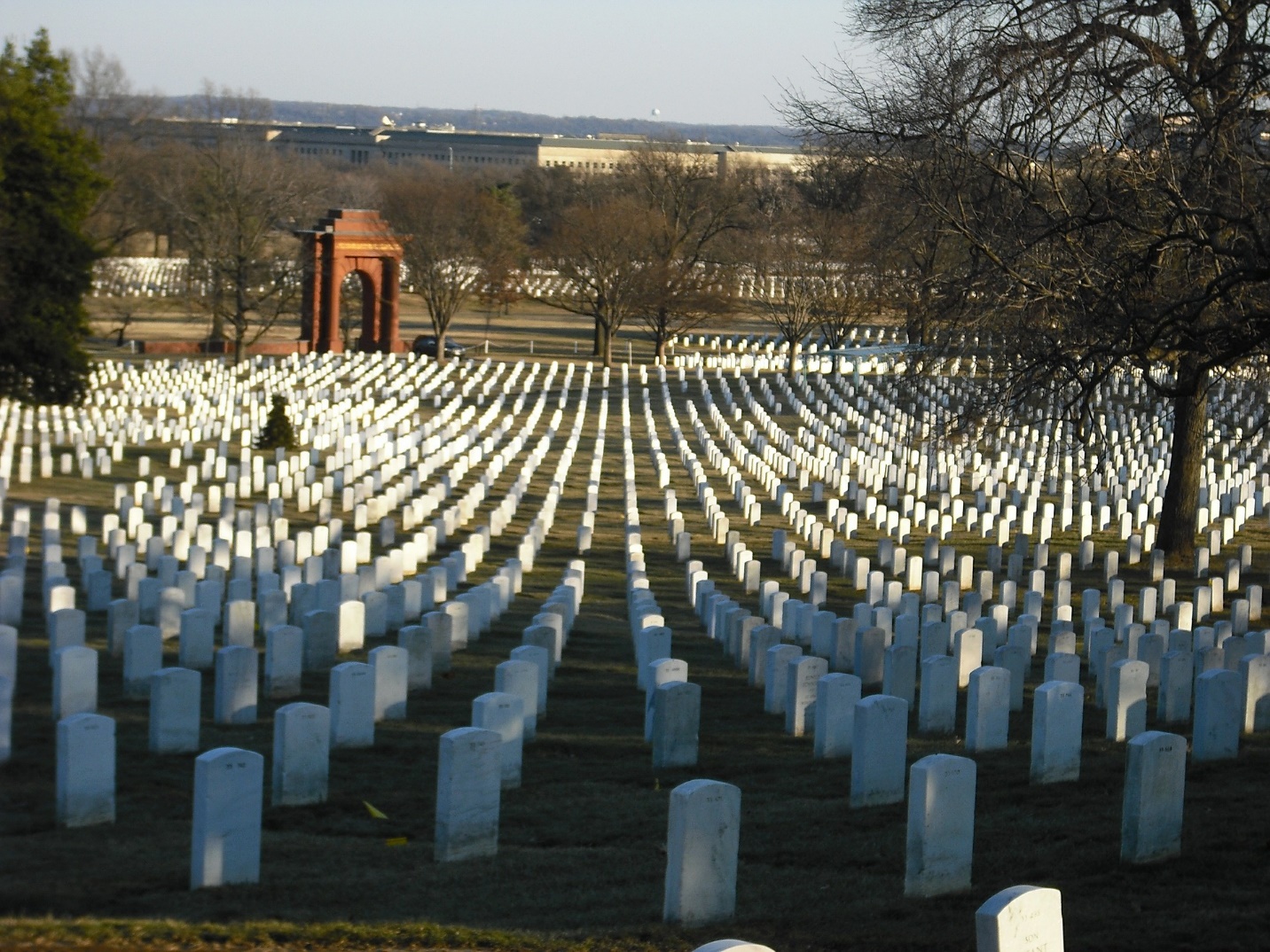
As we remember our fallen men and women in uniform on Memorial Day Weekend, I think of my husband’s role as a soldier in the Korean War. He was just 20 years old when drafted into the army and had not been in the United States for even a year. His father died when he was eight-years old. He, his mother, sister, and two brothers were on the Soviets’ deportation list to Siberia because they were part of the intelligentsia. They were fortunate to escape Latvia as the Soviets were invading. But they had to leave everything behind except for the clothes on their backs and what they could carry in a few suitcases.
At the end of World War II, he and his family had to spend almost five years in a Displaced Person’s Camp in Germany while they waited for someone or organization to sponsor them so that they could come to the United States. The Lutheran Church of America paid for their voyage across the Atlantic and their train ride across the United States to Washington State where they were housed in a box car and were required to work as field hands.
As winter approached, my husband Fred knew that they could not survive in their current living quarters. He went to the Lutheran Church and requested better living conditions and work. Pastor Nesse of Aberdeen, Washington, spearheaded their transfer to Aberdeen and had his parishioners give them work and help them find work so they could support themselves.
Shortly after arriving in Aberdeen, Fred was drafted into the Army to fight Russia’s and China’s proxy war that sponsored North Korea’s attempt to conquer South Korea. First, Fred worked as an army Russian/English translator in Japan before being sent to fight in Korea and on Heart Break Ridge in summer-issue clothing in the dead of winter. He had many traumatic experiences there such as an out of control troop truck careening down a hill. Most of the soldiers including Fred successfully jumped from the truck before it ran off the road and crashed over the side of the hill.
About 34,000 American soldiers died in the Korean War. Fred was fortunate to survive Korea but had some long-lasting side effects. He had shrapnel in his leg, developed frequent nasal polyps, asthma, and what we call today Post Traumatic Stress Disorder. Only in the last few years of his life was he able to watch a war movie.
Upon returning from Korea, Fred was able to become a United States citizen. He took advantage of the GI bill to pay for his education and graduated from the University of Washington where he studied chemical engineering. During these years he worked as an intern at Boeing while in school and as a heavy machine operator building roads during the summer. Between the GI bill and these jobs he was able to support himself and help support his mother. Upon graduation, he went to work in the US Patent Office and attended and graduated from George Washington’s night law school.
My heart goes out to refugees from violence who seek asylum in the United States. They are not criminals but ordinary people trying to survive. Many of the undocumented as well as the DACA children are an important part of the United States’ future and today’s work force. They all pay their dues one way or another. Put yourself in their shoes.
Until recently, our country believed in the meaning of these words.
Give me your tired, your poor, Your huddled masses yearning to breathe free, The wretched refuse of your teeming shore. Send these, the homeless, tempest-tossed to me. I lift my lamp beside the golden door!
Think about it:
- Do the words inscribed on the Statue of Liberty still ring true today?
- Should we give asylum seekers and refugees a chance for a better life here in the US? Why or why not?
- What role should religious institutions, legal and political organizations, our government, and private citizens have to help the refugees and asylum seekers in this desperate phase of their lives.
- What do you think God expects us to do?
- Will God hold us responsible over the fate of asylum seekers and refugees? What makes you think so?
- If our dead men and women in uniform were alive today, would they think their sacrifice was for a lasting good cause? What makes you think so?
- Have any of your ancestors been refugees and/or sought a better life in the US? If so, how did they benefit this country?
